In autumn, vegetables and fruits appear on store shelves, which we have missed over the last nine months. Seasonal local products have a number of benefits:
benefits – vegetables and fruits grown in season contain more vitamins and nutrients;
quality and taste – fresh products from local farmers do not require long transportation, as a rule they are not processed to reduce spoilage during transportation;
availability – due to the abundance of products, inexpensive vegetables and fruits can be purchased on store shelves.
So, what tasty and healthy offers the autumn table:
Quince - is a storehouse of antioxidants, iron, calcium, potassium, phosphorus, copper, and also vitamins A, B, C, E and PP. The pectin contained in the fruit contributes to the removal of salts of heavy metals, cholesterol, radionuclides and other harmful substances from the body, therefore it is recommended to include quince in the diet of people working in hazardous industries.
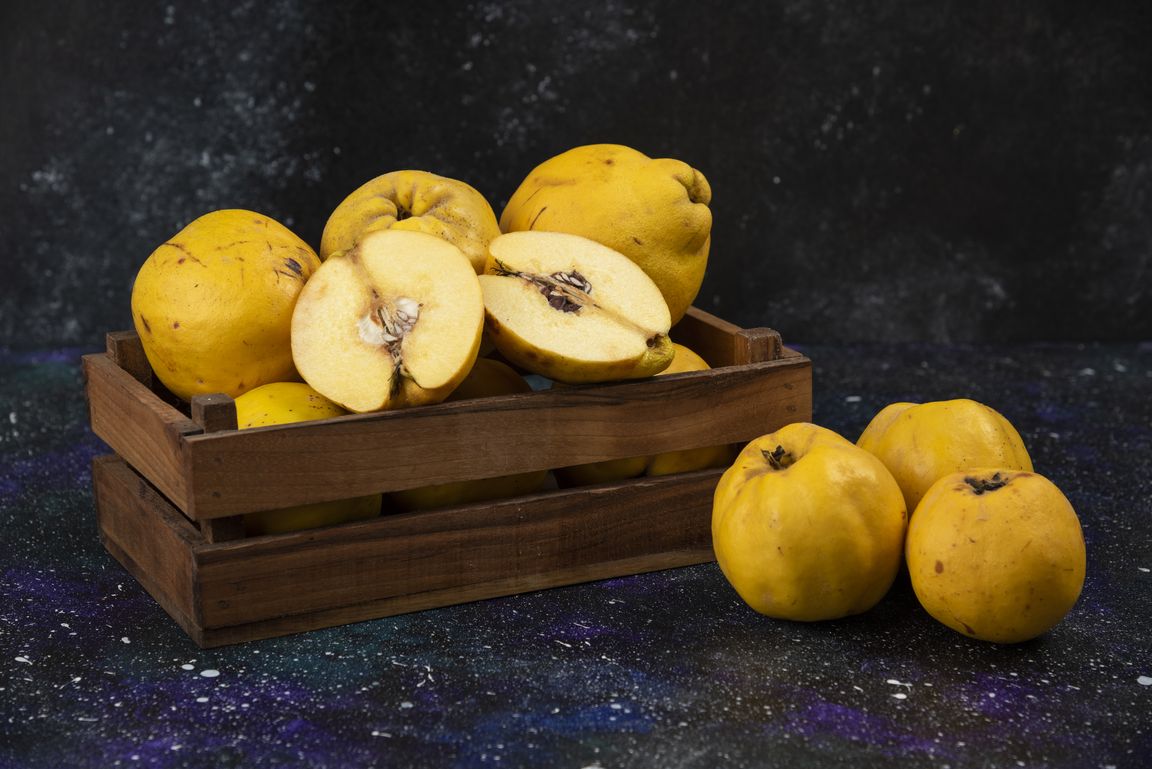
Quince helps in the prevention of anemia, with digestive disorders, and also has a diuretic and antiseptic effect.
More often, jams, preserves, candied fruits are prepared from quince fruits, or they are baked with honey and nuts.
Broccoli. The benefits of asparagus cabbage lie in the increased content of vitamins B, A, E, PP, K and trace elements (selenium, iodine, iron, silicon, calcium, etc.). Broccoli is rich in fiber, methionine, amino acids, protein, etc.
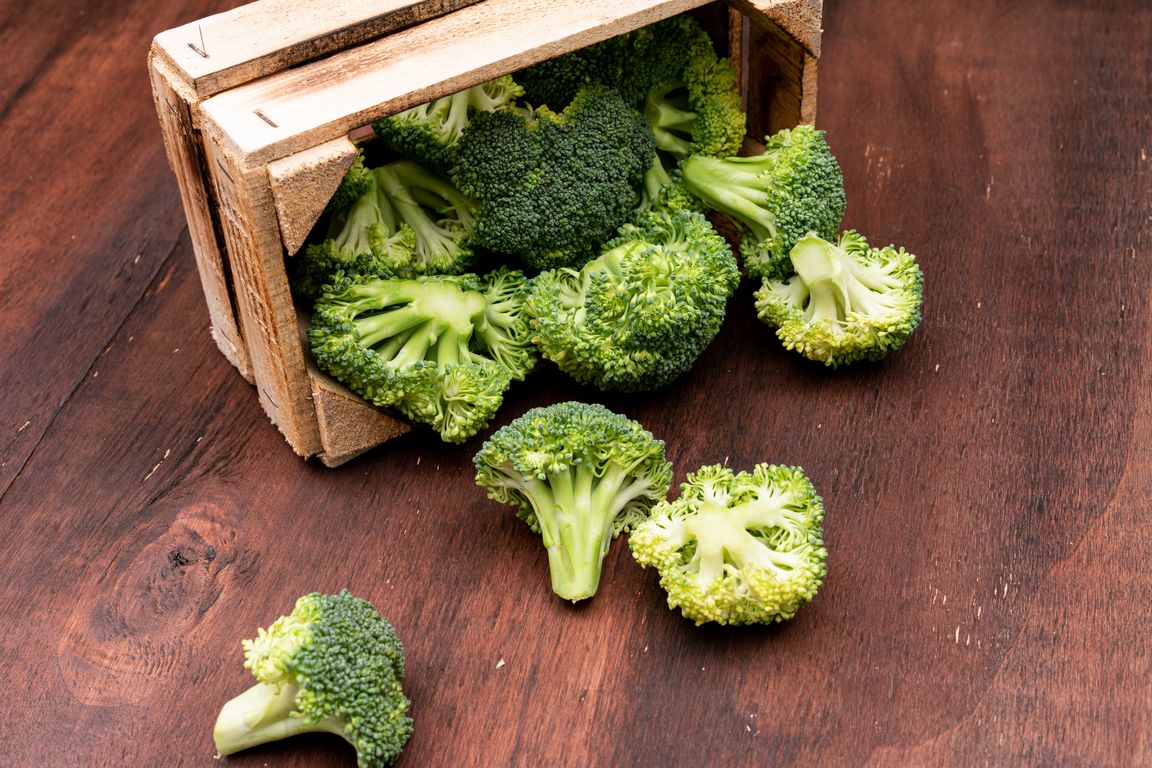
In 100 kilocalories of broccoli, the protein content is higher than in beef meat.
Pomegranate. The value of the fruit in the concentration and amount of useful substances: six amino acids, folic acid, iron, tannin, manganese, sodium, potassium, fiber, etc.
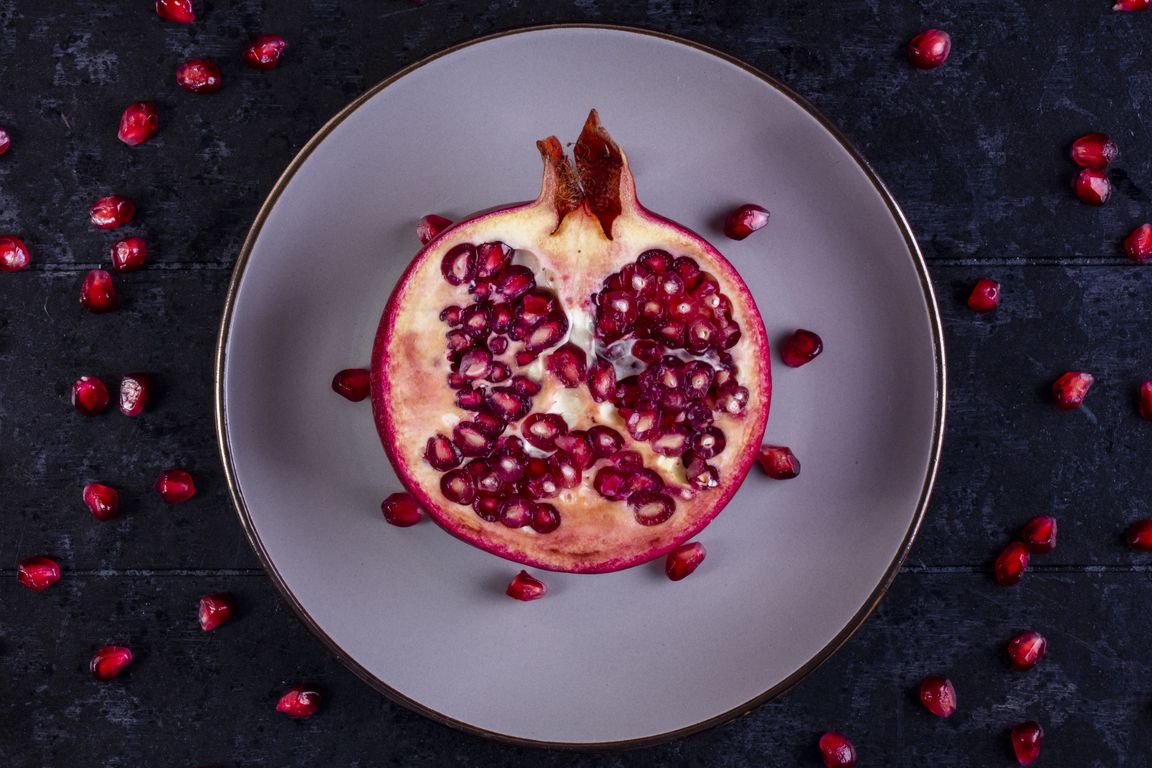
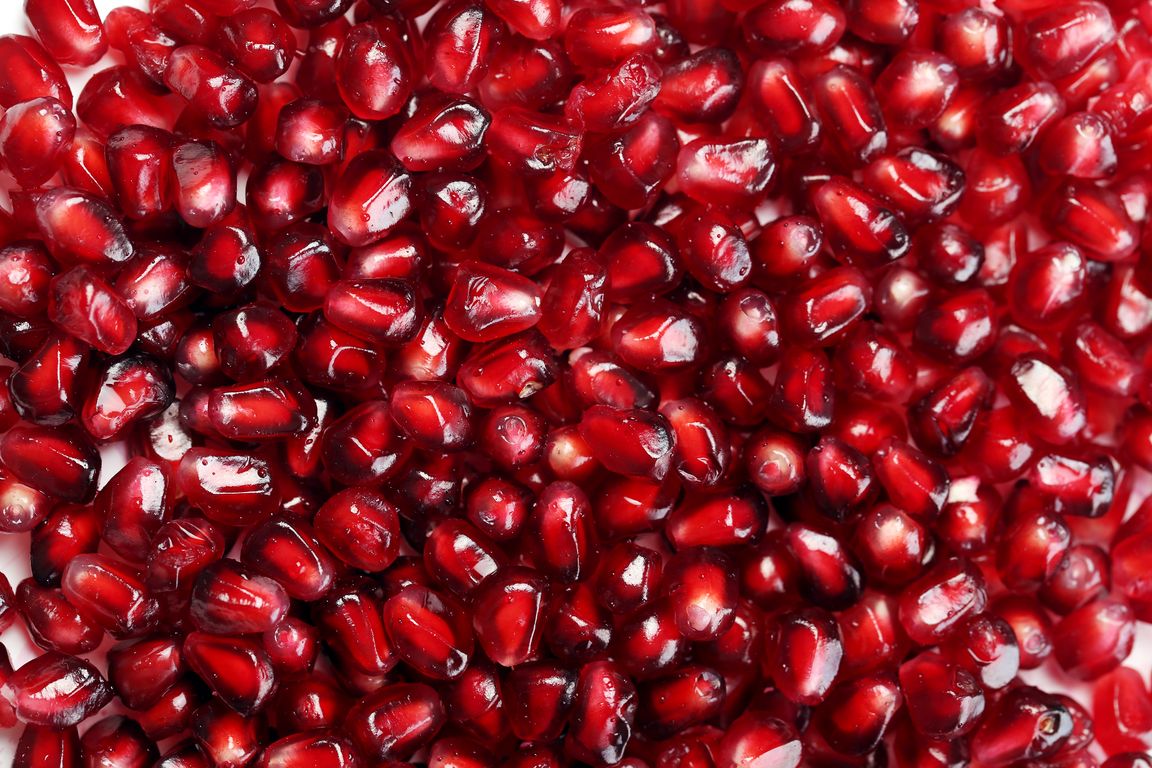
Pomegranate in the diet will help improve the functioning of the nervous and digestive systems, reduce the risk of heart attacks. Also, the useful properties of pomegranate include assistance in the removal of toxins and toxins from the body.
Dogwood. A Caucasian proverb says: “Where dogwood grows, doctors are not needed”. Healing properties are attributed to the berry for a reason. Vitamins, trace elements, organic acids, tannins, essential oil and other useful substances have earned dogwood berries the fame of an assistant in folk medicine. Berries are recommended for influenza, sore throat, anemia, anemia, arthritis, dysentery, and gastrointestinal diseases. Biologically active substances in dogwood can help normalize blood pressure and eliminate headaches.
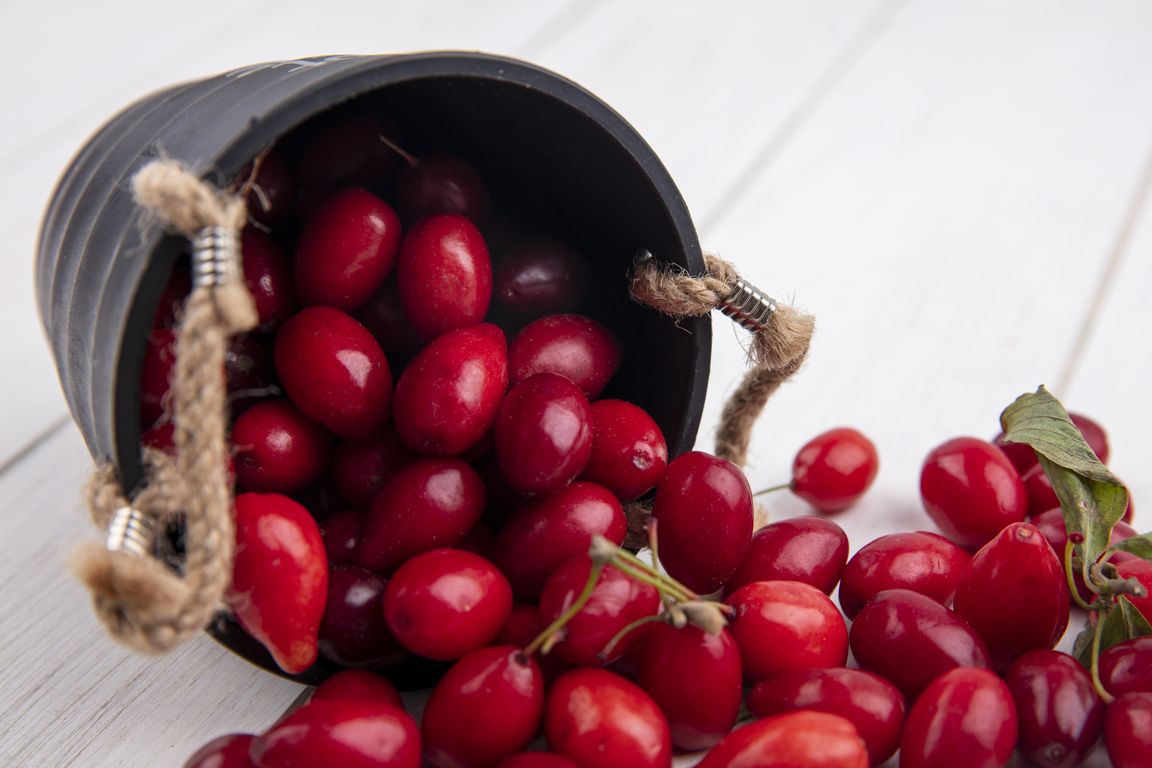
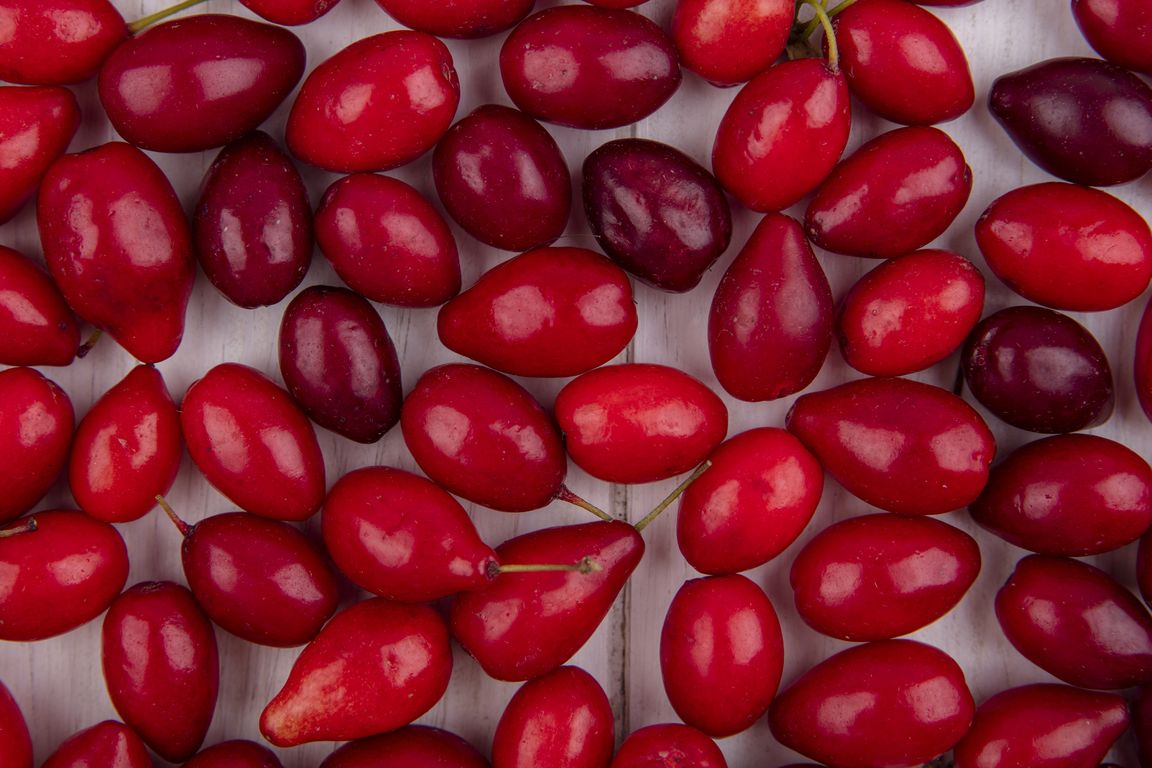
Radish provides invaluable assistance in the prevention of colds and flu due to the content of phytoncides in it - biologically active substances that kill and inhibit the growth and development of bacteria. The sharper the taste of the root crop, the higher the content of phytoncides in it.
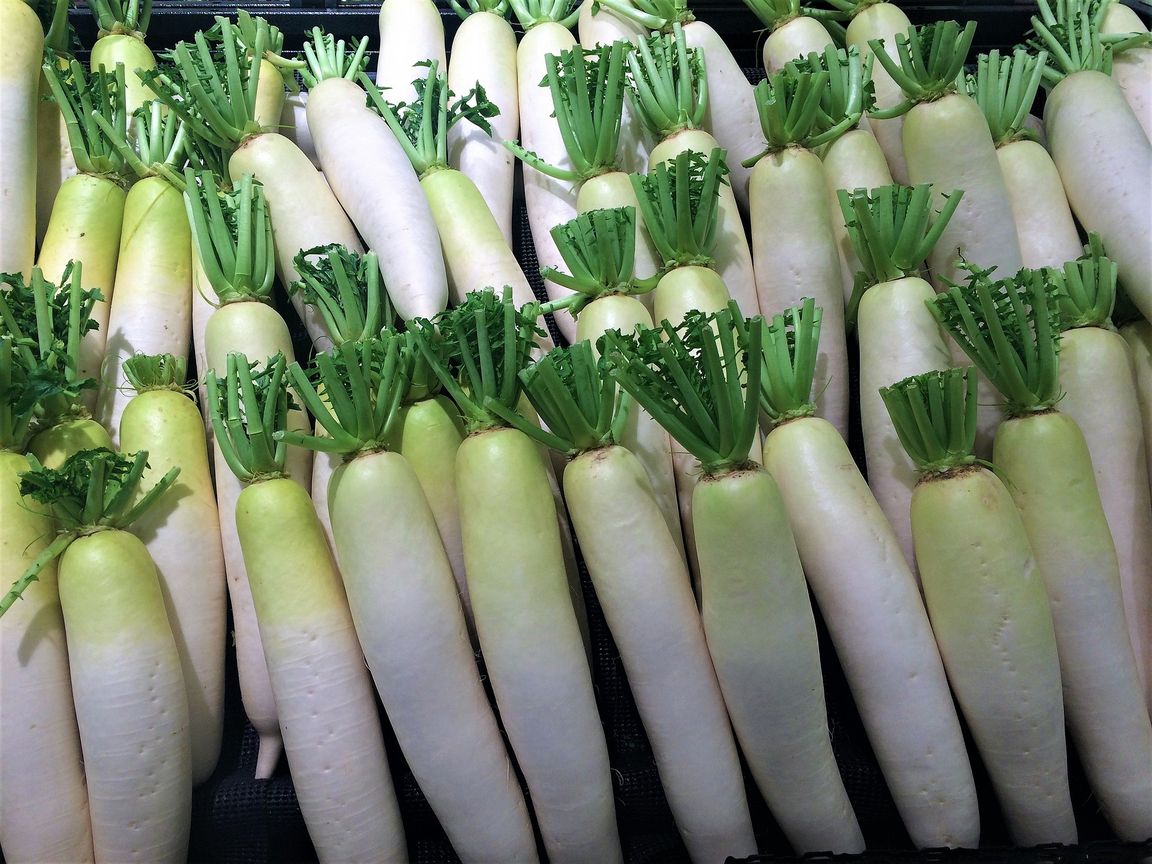
Radish won additional points for its usefulness with the help of a large number of vitamins and trace elements: B1, B2, B3, B4, B5, C, E, PP, calcium, magnesium, phosphorus, iron, zinc, sodium.
Pumpkin contains up to 5 times more carotene than carrots. Once in the human body, carotene is converted into vitamin A, useful for vision. Also, in this melon culture there are vitamins of groups B, C, E, K and fiber useful for digestion.
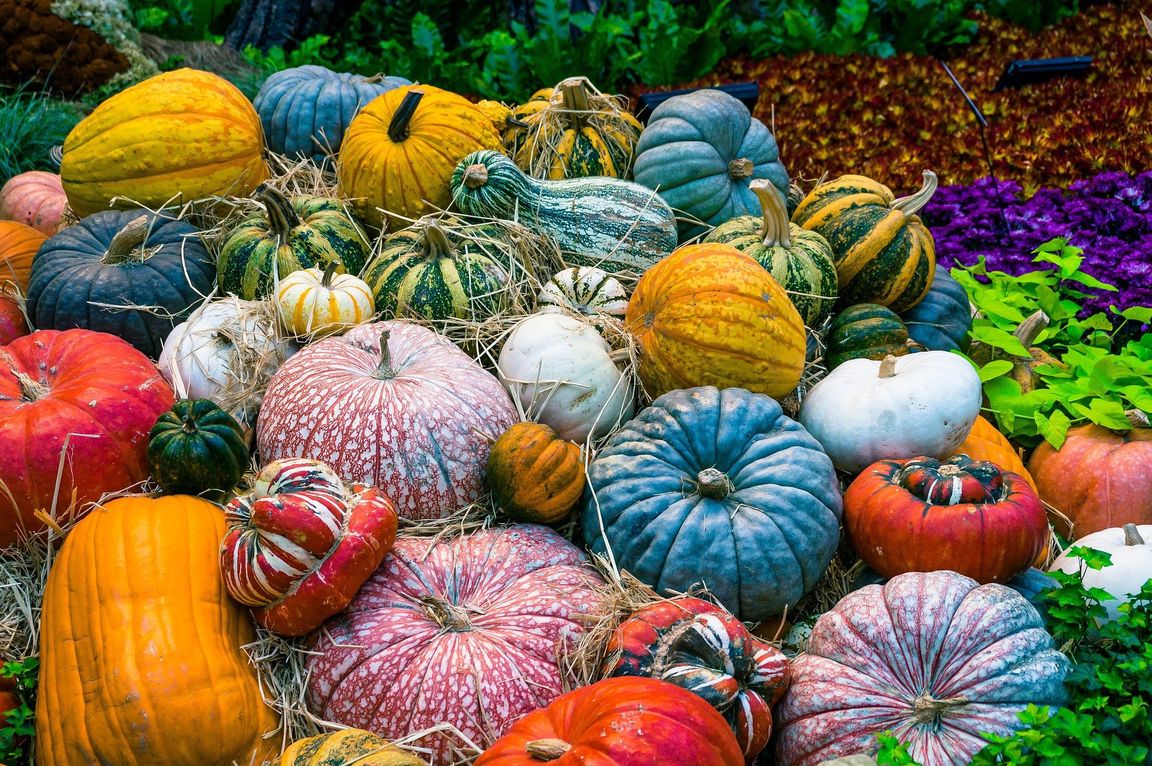
Pumpkin seeds rank third among vegetables in terms of zinc content.
Rosehip. From the fruits of wild roses, teas, tinctures and jams are brewed. Bright orange and red berries contain 10 times more vitamin C than a lemon. Rosehip contains: antioxidants, pectin, tannins, vitamins P and K.

Rosehip is an immunostimulant, bactericidal, anti-inflammatory and choleretic agent.
Persimmon is a source of iodine, magnesium, iron, calcium, potassium, phosphorus, vitamins A, B and C. Persimmon helps in the prevention of iron deficiency anemia and beriberi. It is useful in diseases of the cardiovascular system.
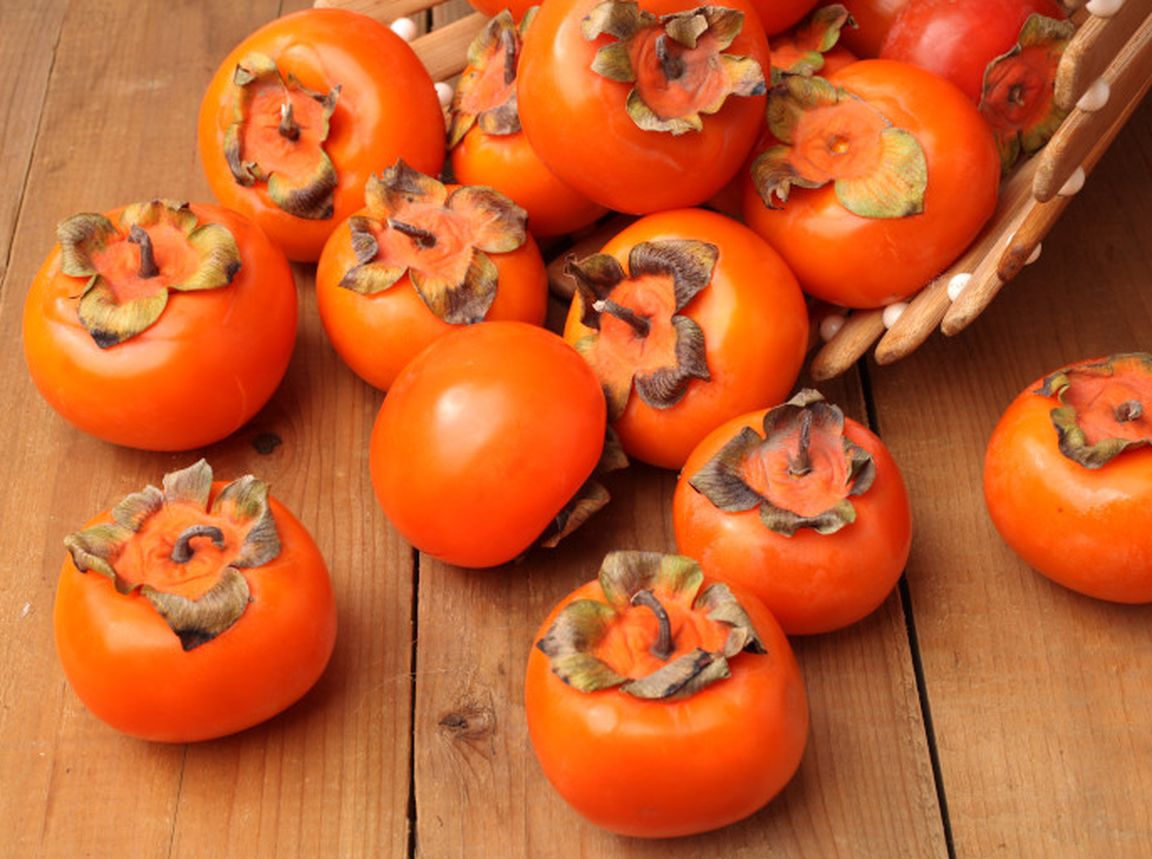
The berry has a beneficial effect on the restoration of the nervous system and the overall health of the body.
Interestingly, cauliflower contains not only useful substances, but they are also properly balanced and well absorbed by the body. It contains such rare naturally occurring vitamins as H and U. The first is responsible for the metabolism of proteins and fats in the body, and the second promotes the healing of ulcers on the walls of the stomach.
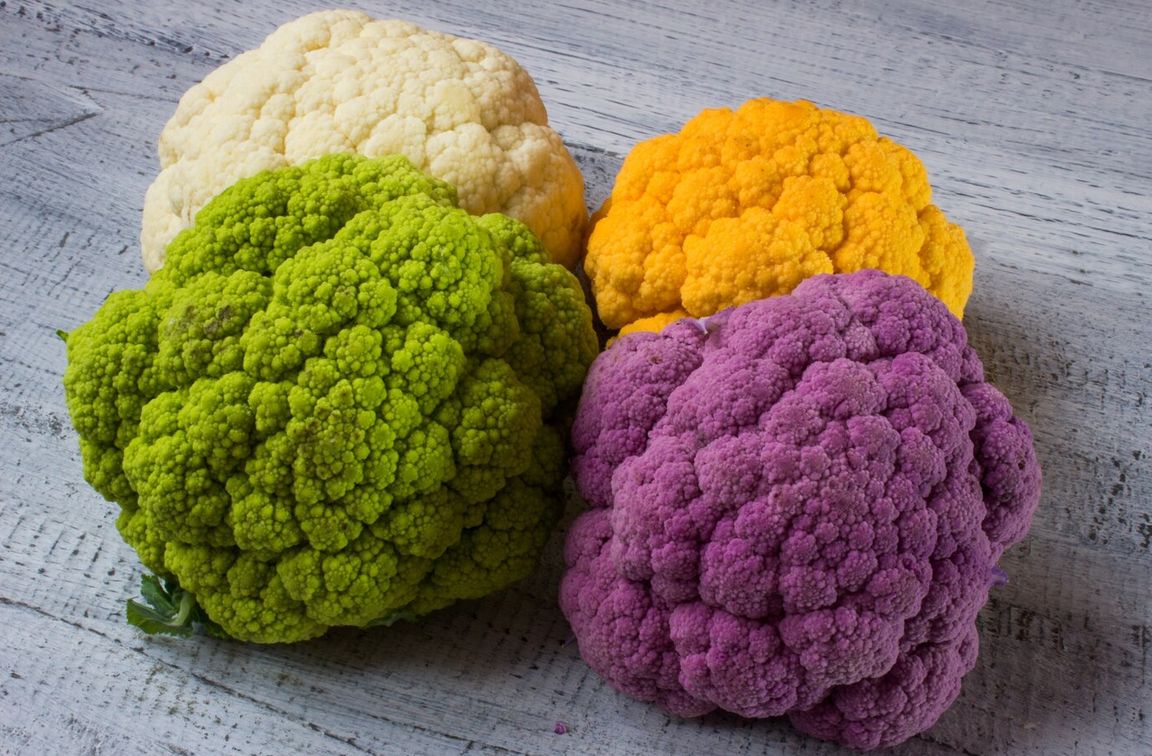
Besides that, cauliflower contains: vitamins A, E, B, C, copper, potassium, magnesium, calcium, fluorine, iron, iodine and phosphorus.
Important: The publication is for informational purposes only. Even the most useful products should not be abused, and try to replace a full-fledged treatment.
Resource: nart.ru; style.rbc.ru; www.kp.ru; ria.ru; vogorode.info.
Photo: freepick.com.
Also read: